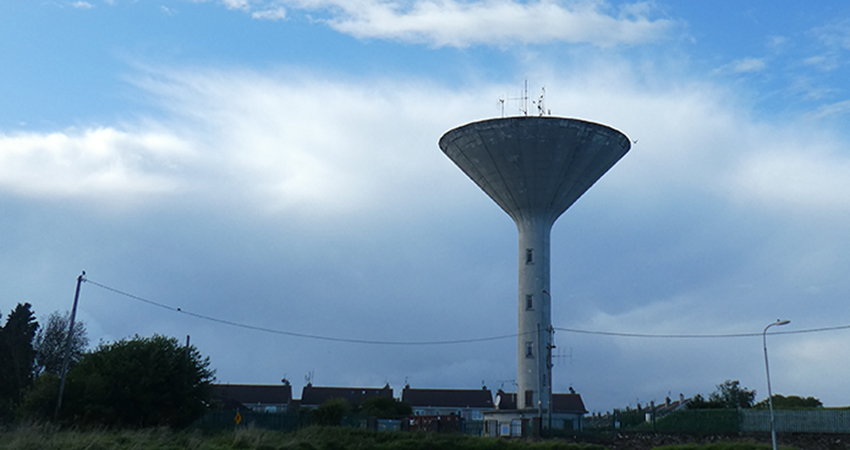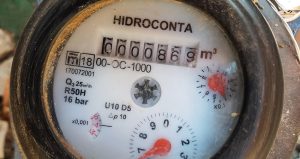Ireland to Court over unsafe drinking water

-
 Savina Karneva
Savina Karneva
Share article:
The European Commission (EC) refers to Ireland to the European Court of Justice for failure to comply with the requirements of the Drinking Water Directive. The Member States must ensure that water intended for human consumption is clean, and does not pose a potential danger to human health. The European Commission announced their decision the 12th of November in a Press Release.
In 2016 Ireland also received a warning from the European Commission for not complying with the Urban Waste Water Treatment Directive of the European Union that it has required towns and cities to collect their wastewater and treat it properly in order to make it safe for human consumption. Now, five years later, Ireland is again in violation. This time the Irish are failing to comply to the Drinking Water Directive.
High levels of trihalomethanes
The Commission reported that in a number of water supply zones across the whole country, the level of the chemical substance trihalomethanes (THMs) in drinking water are exceeding the parametric value established in the Drinking Water Directive. Trihalomethanes are formed as a by-product predominantly when chlorine is used to disinfect drinking water. High levels of trihalomethanes in the human body could have serious effects. Some studies have found that the chemical could result in an increased risk of bladder and colorectal cancers. Other investigations have discovered that chlorination by-products might be linked to heart, lung, kidney, liver, and central nervous system damage.
Incidents
In August, Ireland’s Environmental Protection Agency (EPA) reported the entering of unsafe water into the public water supply in Gorey, County Wexford. The leak resulted in 52 confirmed cases of illness and several hospital admissions. Irish Water stated all measures would be taken to ensure no recurrence, adding the water was safe to drink. However, EPA-director Laura Burke said there were delays in notifying her organization and the Health Service Executive (HSE), which resulted in 900,000 water consumers being left unaware of the danger. They did not have the opportunity to protect themselves.
At the same time, Ballymore Eustace, the largest water treatment plant in the country, serving around 877,000 consumers in the Dublin area also produced unsafe drinking water for a period of up to 10 hours on 20-21 August, stated the authorities. “Immediate actions must be taken by Irish Water and the local authorities to ensure these failures do not arise again,” stated Burke on the EPA-website. Later, the EPA added that while they are satisfied that both plants have now returned to normal operation, significant improvements in the public water supply by Irish Water and local authorities are required to ensure that public health is protected.
Infringement procedure
The European Commission sent a letter of formal notice to Ireland in 2018, followed by a reasoned opinion in May 2020. The reasoned opinion concerned 44 water supply zones across the whole country. Since the reasoned opinion, 30 water supply zones remain in breach of the THM value. The EC stated in the press release Ireland has made progress in addressing elevated levels of THMs in the drinking water, however, today a number of water supply zones still do not comply with the requirements of the Drinking Water Directive.














